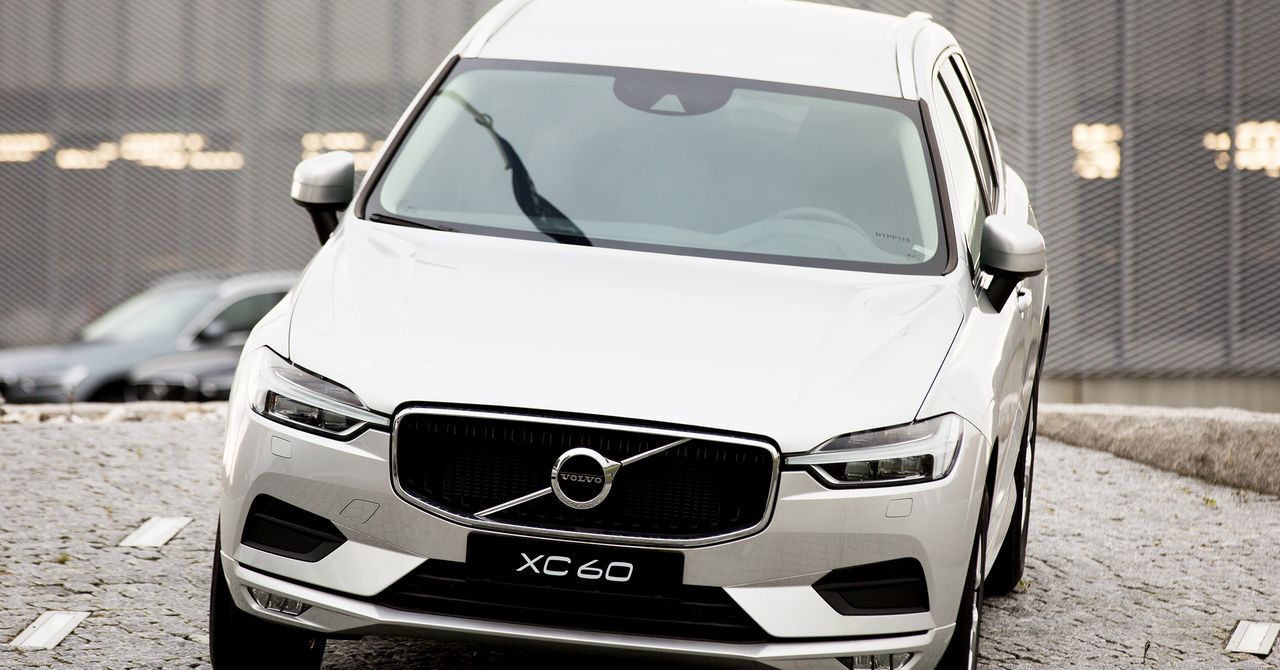Blog
Automakers Are Canceling Plans for New EVs. Here’s a List of What’s Been Killed So Far

The year 2025 is only half over. But for some of global automakers’ most ambitious electric vehicle projects, the In Memoriam segment is already shaping up to be a sad one. Major manufacturers including Honda, Stellantis, and Nissan publicly backed off plans to build and sell battery-electric vehicles, joining others who have made similar admissions in the past two years.
Vehicle program cancellations aren’t the sign of a thriving industry. Traditional automakers work on five- to seven-year product cycles, which means they’ve already started spending money to design, plan, and produce vehicles that won’t roll onto dealers’ lots for years. Nixing those vehicles means losing money and leaving holes in their portfolios—something automakers won’t do without good reason.
The good reason here seems to mostly come down to utter chaos in the EV market. Some five years ago, automakers seemed desperate to catch up with Tesla and its sky-high valuation, and so made grand pledges. Mercedes-Benz and Volvo said they would go all-electric by 2030; General Motors targeted 2035. Then the Covid-19 pandemic hit and scrambled supply chains. Then governments, including the US government, used a mix of subsidies and regulations to ratchet up pressure for automakers to produce zero-emission cars. Then EV sales growth slowed. Now, in the US, the federal government has used the GOP’s One Big Beautiful Bill to bring a sudden halt to years of EV and battery manufacturing boosterism. Plus, its tariff policy has upended global supply chains. Now many of those automakers’ big electric promises have quietly gone away.
Which is to say, the cancellations make some sense. “It’s business as usual in the sense that disruption is the main driver of the last five years,” says Mark Wakefield, the global automotive lead at AlixPartners, a consulting firm. “There’s a speed bump every year.” This year, the firm dropped its 2030 sales predictions for battery-electric and hybrid cars by a whopping 46 percent compared to last year’s projections.
Cancellations might also be signs that automakers are learning from their mistakes and even beginning to adapt more quickly. “There’s a lot happening and a lot also being questioned and then abandoned,” says Wakefield. Making faster lineup changes should be key to keeping up with Chinese automakers, who have been able to shepherd new EVs from conception to the roads in less than two years.
Which is to say, more changes are likely on the way. All the way down the automotive supply chain, “companies are going quiet about their EV projects,” says Hannah Hess, the associate director of the energy and climate practice at the Rhodium Group, a research firm. Manufacturers tend not to announce their cancellations but instead hope that people forget about their original proposals. So WIRED made a list of the canceled and postponed EVs of the past two years.
RIP to them—and expect a few more losses along the way.
Gone but Not Forgotten
Ford Three-Row EV SUV
Died August 2024
Ford said last summer that it had rethought its electric vehicle strategy, cutting its annual EV program spend and devoting more resources to hybrids. “What we’ve learned is that customers want choice, and so we’re providing that choice, with a full lineup of EVs, hybrid, electric, gas, and diesel products,” Ford CFO John Lawler said at the time. Among the casualties of the shift was a three-row electric SUV.












